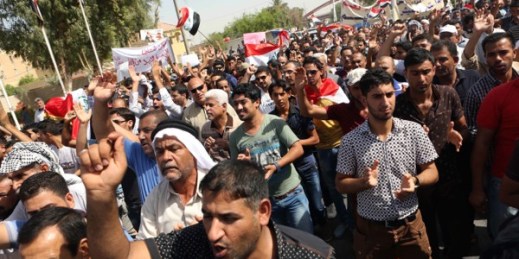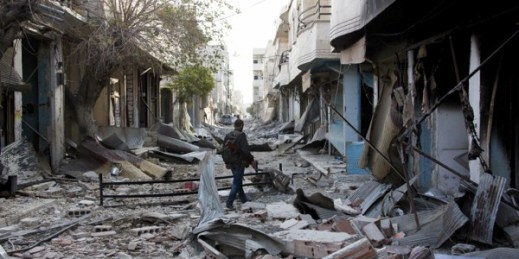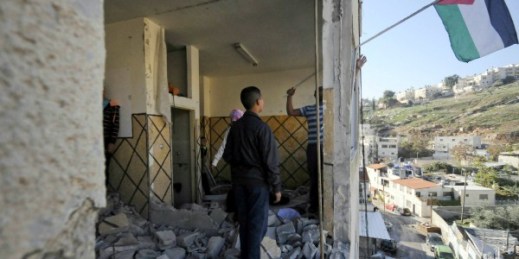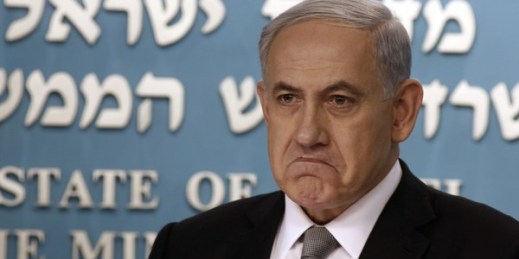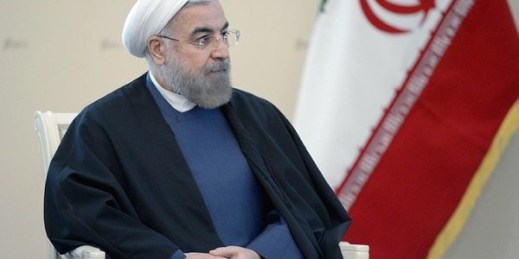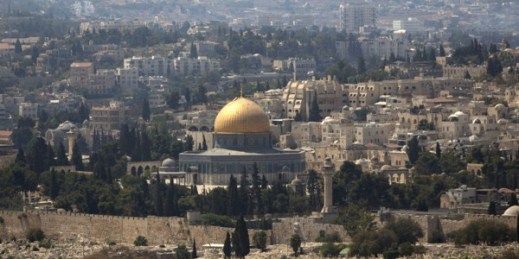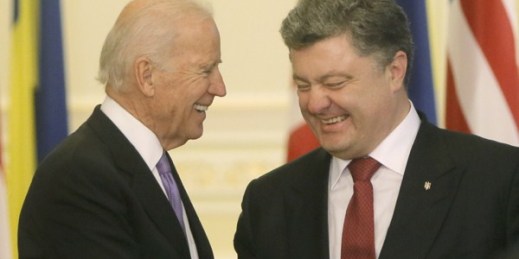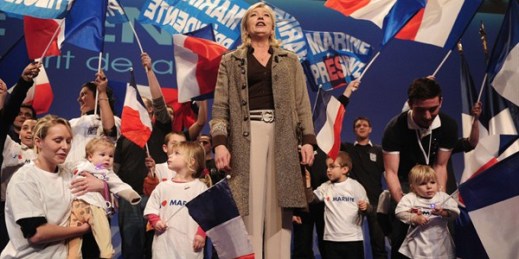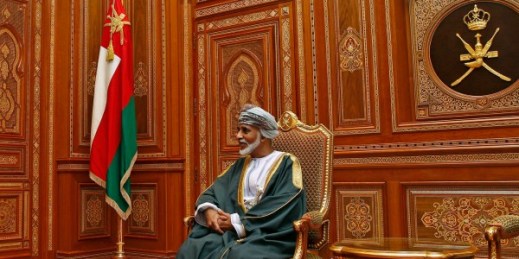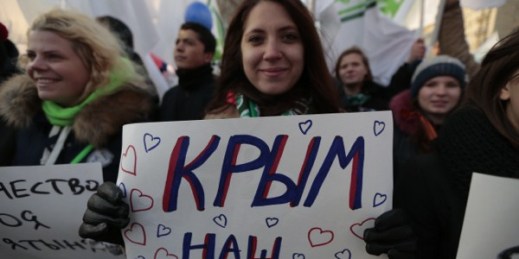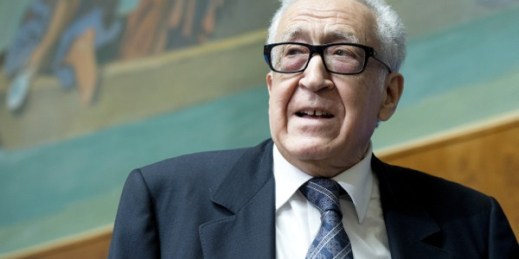
This festive season, spare a thought for all the frustrated diplomats and politicians who have spent their time, if often in vain, trying to make the world a less bloody place in 2014. This week brings the Nobel Peace Prize ceremony in Oslo. This year’s prizewinners, the Pakistani champion of girls’ education Malala Yousafazi and Indian children’s rights defender Kailash Satyarthi, are both unimpeachably impressive honorees. Yet traditionalists grumble that the Nobel committee rarely recognizes the diplomats and mediators who engage in the grinding work of negotiating the end to civil wars: The last time an old-school peacemaker earned a […]

